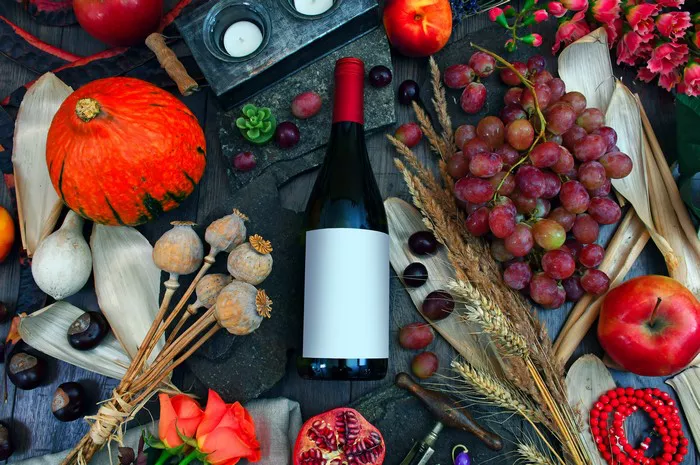In an exclusive interview with db, Cyril Brun, the recently appointed head winemaker at Ferrari in Trentino, Northern Italy, delves into the challenges and focal points ahead of his inaugural Trentodoc harvest set to commence in mid-August.
Drawing comparisons between the revered Champagne terroir and Trentodoc’s unique viticultural essence, Brun emphasizes, “While ‘terroir’ in Champagne primarily revolves around soil, in Trentodoc, it is significantly influenced by the majestic mountains and the multitude of lakes that dot the landscape.”
Explaining the motivations behind his unexpected transition from Champagne, where he held a prestigious role as one of the most accomplished chef de caves of his generation at a resurgent Charles Heidsieck, Brun elucidates, “Post-Covid, I felt the desire to embark on a distinct journey in a foreign land, and not necessarily within another Champagne house. The allure of working in Italy resonated with me, and considering my pre-existing acquaintance with the Lunelli family, and my expertise in crafting sparkling wines, Ferrari was the sole contender for this new chapter.”
During his exploration of prospects, Brun immersed himself in the wines and vineyards of Ferrari, engaging with Matteo Lunelli, the CEO and President of Lunelli Group. After repeated tastings, he was captivated by the current quality benchmarks and the unexplored potential for further enhancement.
Delving into his strategic approach and prospective adjustments, Brun affirms, “My approach will be characterized by curiosity. The evolving climate dynamics have brought shifts to various aspects of winemaking, prompting my attention towards both viticulture and vinification. I’ll be initiating numerous trials, yet some processes demand no alteration.”
Brun underscores the mitigated impact of climate change in Trentino due to the temperate influence of the mountainous terrain and abundant lakes. Luca Cavallaro, Ferrari’s viticulturalist, collaborates closely with Brun and reinforces the importance of the significant diurnal temperature variations in preserving grape freshness.
Addressing the ongoing harvest, Brun acknowledges localized hail damage, which the estate combats through protective netting. With diverse plots at varying altitudes and proximity to water bodies, the potential for nuanced experimentation is abundant.
Notably, a plot of Voltis, a mildew-resistant hybrid grape variety previously trialed in Champagne, has been cultivated with its first harvest anticipated in 2026. While Chardonnay dominates the vineyards (nearly 95%), plantings of Pinot Blanc, Pinot Gris, and expanding acreage of Pinot Noir, particularly in cooler elevated sites, signify a captivating dimension for future creations.
The burgeoning demand for Ferrari’s rosé styles within the Italian domestic market propels the cultivation of additional Pinot Noir. A robust yearly growth rate of at least 5% underscores the imperative to meet evolving preferences.
Matteo Lunelli, CEO of Lunelli Group, lauds the acquisition of Brun as a significant accomplishment, elevating Ferrari’s standing as a premier sparkling wine producer. “His distinction as the first cellarmaster to transition from Champagne to our domain brings a wealth of expertise and a fresh perspective to our mountain viticulture in Trentino,” affirms Lunelli.
Having officially become a resident of Trentino on August 1, Brun anticipates the harvest’s initiation around August 17 or 18.
Asked about his family’s reception of the relocation, Brun humorously shares that his 13-year-old son welcomed the notion of working for “Ferrari.” Notably, his own admiration for British engineering prompts him to navigate Trentino roads in an Aston Martin, a temporary compromise for his son, who might initially associate the name with automobiles rather than wine.


